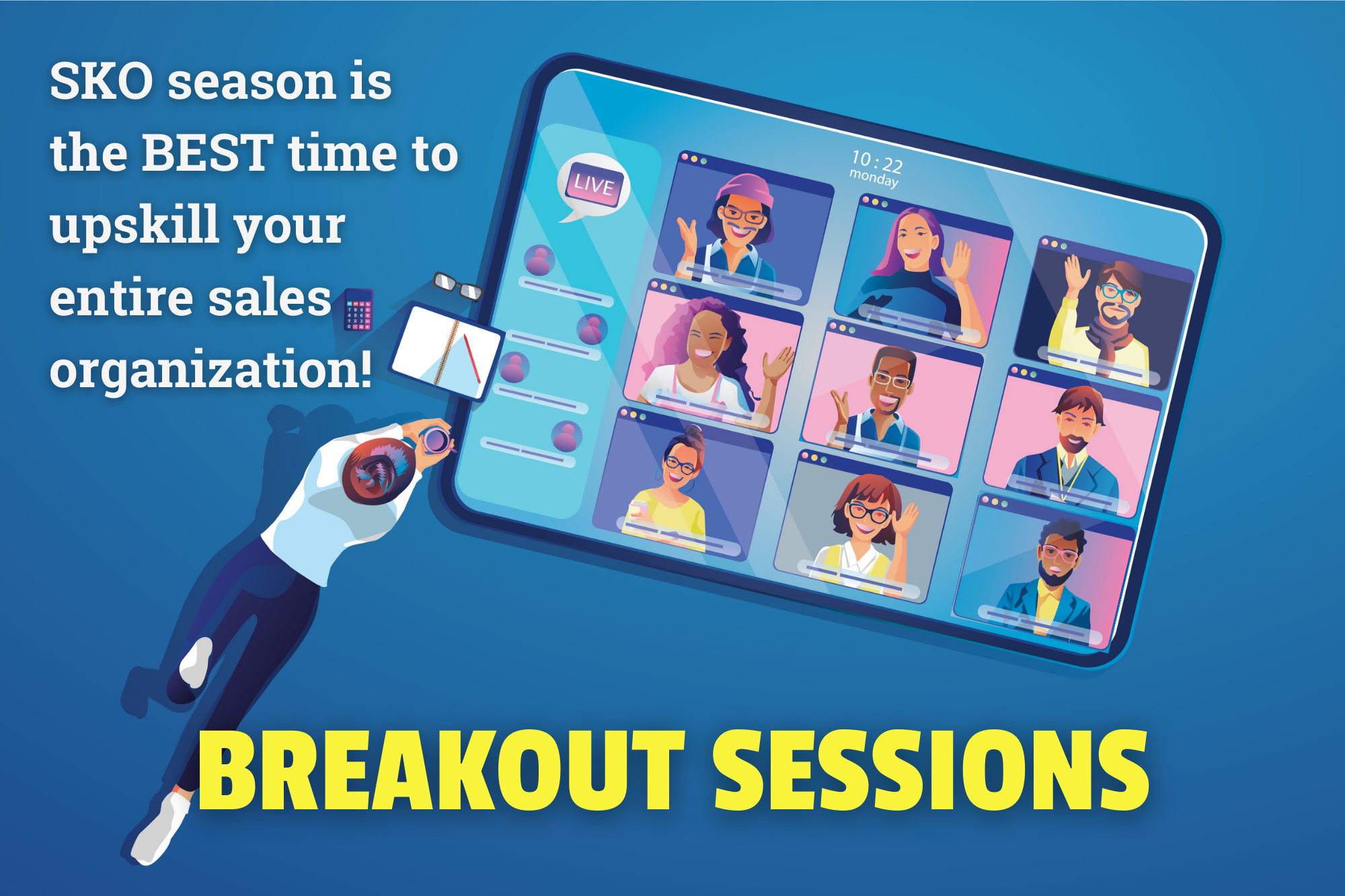

“I Can Do it Myself!”
The often-heard line of a young child about to get into trouble, but also a natural and immediate reaction when someone suggests bringing in an outside skills training company. After all, there are smart people in every company, and certainly, there is enough talent internally to help raise the overall skill level of the employees. If that is the case, then there’s no need to bring in outside experts.
Here is a statement you might not expect from a third-party skills training provider: They are right. You can do it yourself. There are bright people in every company and, properly applied to the task, they certainly could help raise skill levels. But they shouldn’t. And here are three reasons why:
1. It is all about distance – creating distance.
The internally developed programs that I have seen range from mediocre to very good, but even the good ones suffer from a fatal flaw. Internal programs invariably inherit the experiences and assumptions of the organization. As a result, the resulting “skills” programs always focus more on a product than a skill. It is a perfect example of the old 80/20 rule: Internal programs may start out with the best of intentions, but in the end the training is 80% about the product, and only 20% about the skills involved in positioning, demonstrating, and selling that product. An outside vendor cannot fall into that trap, as they will never know the product at that level. By necessity and background, an outside vendor will produce a program that is 80% about the skill, and only 20% about the product or service. And that is just what you want: A program customized to your organization and product set, but heavily weighted towards the sales skills that will help you win more business.
2. In-source core, out-source context.
Many of us have read the works of Geoffrey Moore, one of the well-known pundits who focuses on the software industry. Among other things, I remember his advice to companies looking to grow: In-source core, out-source context. You probably do have people inside your organization with the experience and knowledge to create a good sales or pre-sales skills workshop. But is that what they should be doing? Is it core? Experts are great at best practices, but not always great at teaching others how to put those practices to use. In fact, that is a common flaw of training programs. The best practitioner is brought in to “share the wealth”, but just because they are an excellent practitioner, does not always mean they are an excellent mentor or trainer. Besides, shouldn’t they be outputting all that good experience into play with prospects and customers? If you take your top performers and put them in the role of training others, everyone is likely to wind up frustrated. Here’s a better use of everyone’s time: Have your best player work with your training supplier to improve the program and raise its applicability to your unique organization.
3. The Not-Invented-Here Syndrome
We have all heard of the not-invented-here syndrome. It can run rampant in engineering and marketing areas. People tend to believe that internally invented solutions are always the best. But for training, interestingly, the opposite is usually true. Training attendees tend to place more value on training that comes from outside experts. We call it the “borrow an expert” technique. I was recently talking to a customer who noted that our pre-sales training was, “logical, and mostly common sense.” (We take that as a compliment, by the way.) He went on to note that their 2WIN! workshops have been remarkably successful, both in behavior change and impact on sales. Such an experience is not unusual. External programs help to rejuvenate efforts and clarify techniques and methods that everyone should know and be using. The same program, developed and delivered internally, rarely has the same impact.
I remember the early days of selling “canned” software. One of the many sales hurdles that we had to overcome was every business’ belief that they could create their own software. After all, something created internally would be cheaper, would fit the business better, and would be completely under their own control. It sometimes took companies two or three bites at that apple before they realized that it didn’t work. The same logic applies to sales and pre-sales skills training: Go get an expert, somebody that does this for a living. You will be happy you did.

Sales Kickoff Success 2024- Soft Skills Training
In Part 1 of this series, we focused on how you can ensure the success of your Keynote speakers. In part two of this series, we will explore why an...

Sales Kickoff Success 2024- Breakout Sessions
Part 1 and Part 2 of this series revealed our secret ingredients for successful SKO keynote speakers and SKO soft-skills training sessions. We...


